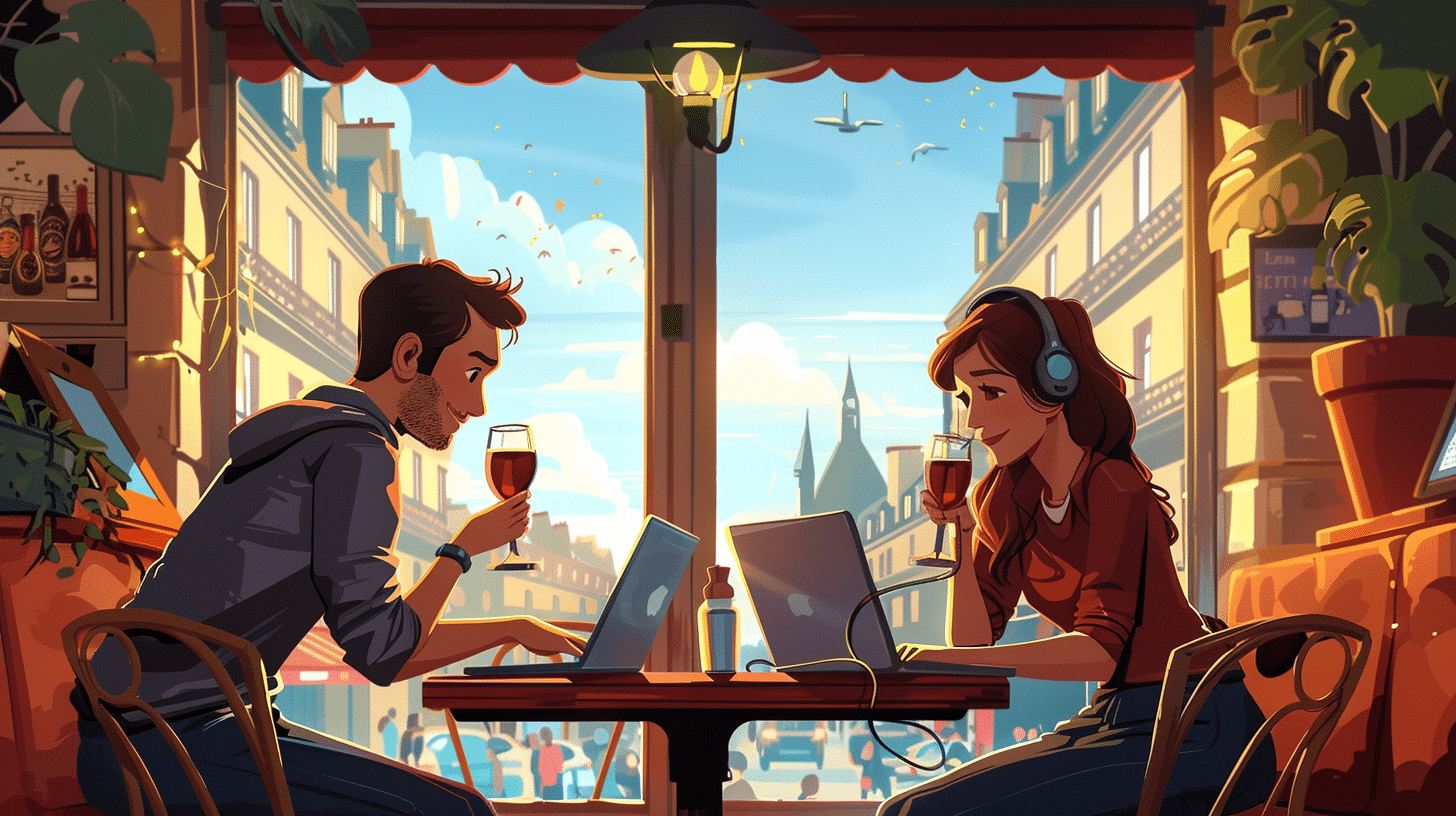Spain is widely known for its siesta culture. The tradition of taking a mid-afternoon nap dates back centuries and is still somewhat practiced today, especially in smaller towns or during the sweltering summer months. What’s amusing is how seriously this practice is taken:
– Time for relaxation: It’s not just about sleep; it’s about taking a break and escaping the stress of the day, which many Spaniards consider essential to their well-being.
La Tomatina: The World’s Largest Food Fight
In the small town of Buñol, thousands gather each year for La Tomatina, a festival where participants throw over-ripe tomatoes at each other. This event, held on the last Wednesday of August, is a spectacle of red, squishy chaos that has gained international fame:
– Tomato flood: Over 150,000 tomatoes are used, resulting in the streets turning into rivers of red pulp.
– Rules of engagement: Interestingly, there are rules in this tomato warfare—squash the tomatoes before throwing to avoid injuring others!
Two Left Feet? No Problem!
Flamenco, a UNESCO-recognized heritage art form, is notoriously difficult to master. However, that doesn’t stop many enthusiastic locals and tourists from attempting to dance, often with hilariously awkward results. Despite the complexities:
– Flamenco for all: Many bars and community centers offer casual Flamenco classes where missteps are part of the fun.
– Spontaneous performances: It’s not uncommon to see spontaneous flamenco dancing at local festivals, with varying degrees of skill, but always high in spirit.
Odd Eating Hours
If you’re in Spain and feeling hungry around 5 or 6 PM, you might find yourself out of luck. Spaniards typically eat much later than other Europeans:
– Dinner at 10 PM: Yes, it’s normal to start dinner at 9 or even 10 PM. This often results in lively, bustling streets well into the night.
– Tapas time: In the meantime, you might encounter the culture of ‘tapas’ which are small dishes shared amongst friends, often accompanied by a drink.
Christmas Lottery: Everyone’s Playing
The Spanish Christmas Lottery, known as ‘El Gordo’ (The Fat One), is a major event with a history dating back to 1812. Almost everyone participates in this lottery, which has the largest prize pool of any lottery in the world:
– Shared tickets: It’s common for people to buy tickets in groups—families, friends, or coworkers—increasing the celebration if they win.
– Unique number system: Each lottery ticket has a number, and people become attached to their ‘lucky numbers,’ often queuing for hours to purchase their preferred digits.
Running of the Bulls: Thrill-Seeking on the Streets
Another internationally famous event is the Running of the Bulls during the San Fermín Festival in Pamplona. Participants, known as ‘runners,’ literally race in front of a small group of bulls let loose on the city streets:
– Adrenaline and injuries: While it’s a thrill-seeker’s paradise, it’s not without risk—there are numerous injuries every year, some serious.
– Costume code: Almost all runners wear the traditional white shirt and trousers with a red waistband and neckerchief, creating a striking visual as they dash through the streets.
Saintly Relics: The Odder, the Better
Spain has an intriguing collection of religious relics, some of which are quite peculiar. These sacred items are venerated, despite their unusual nature:
– Holy thorns: Several churches claim to possess thorns from the crown placed on Jesus’s head.






